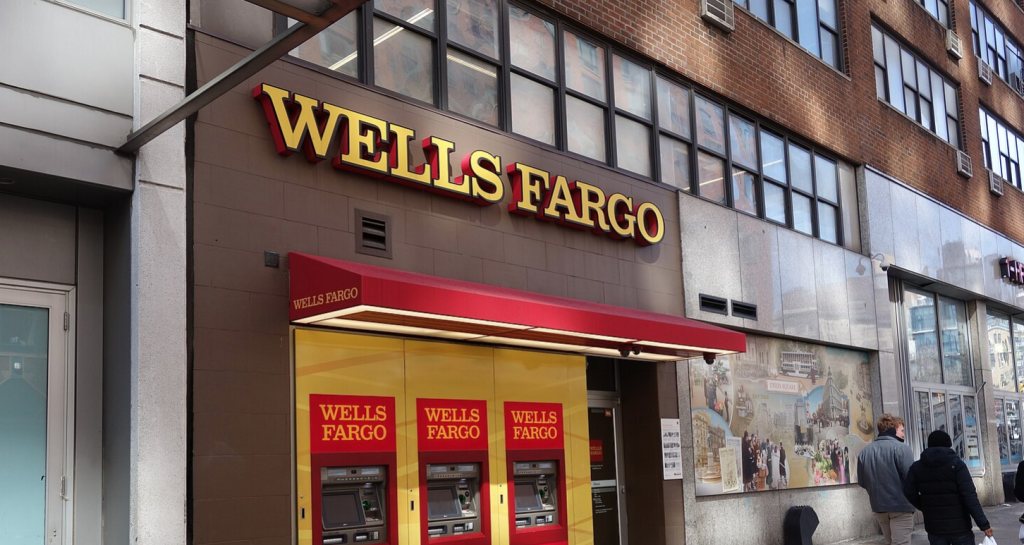There has been a great deal of recent discussion of the problem of debanking. Most of what I’ve read seems to miss the root causes of the problem; debanking is a symptom of deeper problems with our system of governance. The problem cannot be fixed through “regulation”, because the problem is caused by regulation.
Debanking has many causes; here are just a few:
1. Federal drug prohibition
2. The federal income tax
3. Federal deposit insurance
The first two were progressive era initiatives, passed right before WWI. The third was passed during the Great Depression. (Interestingly, FDR strongly opposed deposit insurance, but signed the Glass-Steagall bill anyway due to the importance of its other provisions.)
Because of deposit insurance (and related policies such as “too big to fail”), profit maximizing banks are encouraged to take socially excessive risks, knowing that the consequence of mistakes will be partially born by taxpayers. Because of this moral hazard problem, deposit insurance almost inevitably leads to the regulation of banking. Banks are pressured to behave in such a way as to please the bureaucrats that regulate them.
Both drug laws and the income tax are exceedingly difficult to enforce. As a result, the federal government has increasingly relied on the banking system to aid its efforts to prevent money laundering and tax avoidance. Even when drugs are legalized at the state level, they remain a crime at the federal level. Thus most banks shun marijuana businesses.
Once you give regulators the power to shut down non-conforming banks, it is almost inevitable that “mission creep” will set in and the regulations will become increasingly politicized. Whole classes of people become targeted. Certain ethnic groups associated with terrorism are viewed with suspicion. Americans living overseas are viewed as potential tax evaders, and often find it difficult to find a bank that will accept their deposits.
I doubt this can be fixed through regulation. There are too many different ways for regulators to exert subtle indirect pressure on banks. For instance, although the Federal Reserve has completely abolished the system of formal reserve requirements, banks now hold far larger reserve balances than back when there was a minimum level of required reserves. That’s partly because of the policy of paying interest on reserves, but also it is partly due to the fact that bank regulators increasingly pressure banks to hold extremely large reserve balances.
If we sincerely wish to reduce the problem of debanking, deregulation would be far more effective than additional regulation. Legalize drugs. Abolish deposit insurance. Eliminate rules that cash transactions larger than $10,000 must be reported to the government. Replace the income tax with a consumption tax.
Obviously, these dramatic changes are unlikely to occur in the near future. But nothing else is likely to work. If we are not willing to address the root causes of debanking, then we need to accept that fact that debanking will continue, and indeed become an even greater problem over time.
PS. Caitlin Long has an excellent twitter thread illustrating the complexity of the debanking problem.
